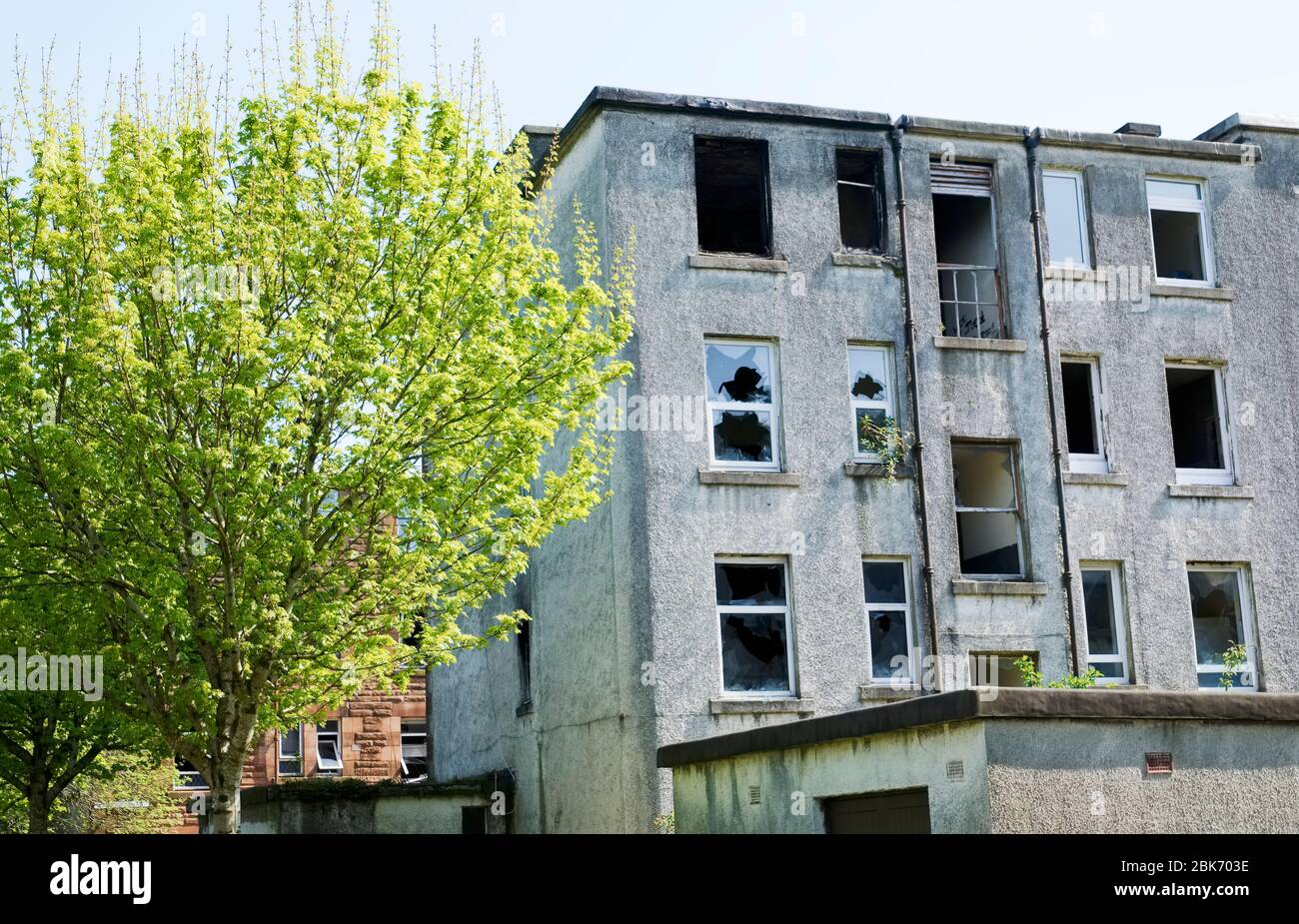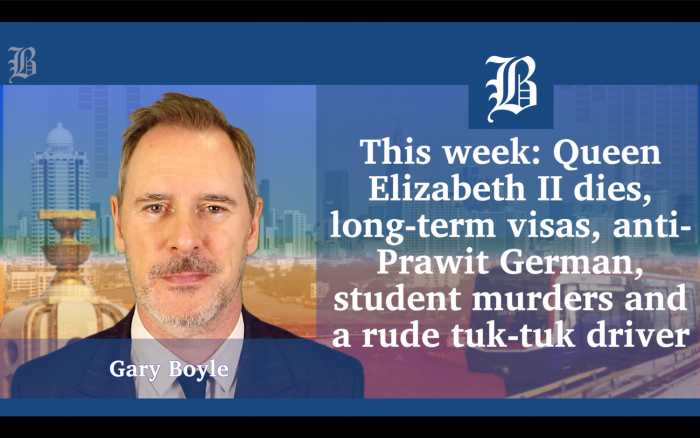Concern Grows Over UK City's Transformation Into A Ghetto

Table of Contents
The Rise of Crime and Antisocial Behaviour
The escalating levels of crime and antisocial behaviour are central to the city's descent. This isn't just a perception; the statistics paint a stark reality.
Increased Violent Crime Statistics
Official figures reveal a disturbing upward trend in violent crime. Compared to national averages, the city shows significantly higher rates of robbery, assault, and knife crime. For example, reported robberies increased by 25% in the last year alone, surpassing the national average by 15%. Drug-related offenses are also on the rise, fueling a cycle of violence and instability. The insufficient number of police officers coupled with underfunded community programs further exacerbates the problem.
- Data on specific crime types: Robberies (+25% year-on-year), assaults (+18%), burglaries (+10%), drug-related offenses (+30%).
- Comparison with other UK cities of similar size: The city's crime rate is significantly higher than comparable cities, such as [City A] and [City B].
- Mention of police resources and their effectiveness: Current police resources are stretched thin, hindering effective crime prevention and response.
- Impact of crime on residents' quality of life: Residents live in constant fear, impacting their mental health and limiting their freedom of movement.
The Deterioration of Public Spaces
The decline in the quality of public spaces further contributes to the sense of lawlessness. Neglect and lack of investment have transformed many areas into havens for antisocial behaviour.
- Examples of vandalism, graffiti, and littering: Graffiti mars buildings and public transport, while discarded litter and vandalism are commonplace.
- Lack of maintenance and investment in public parks and facilities: Parks are overgrown and poorly maintained, playgrounds are dilapidated, and street lighting is inadequate, creating a sense of insecurity.
- Impact on community cohesion and safety: The deterioration of public spaces undermines community spirit, hindering social interaction and increasing fear of crime.
Socioeconomic Factors Fueling the Transformation
Underlying the crime statistics are deep-seated socioeconomic problems that fuel this UK City Ghetto Transformation.
High Unemployment and Poverty Rates
The city suffers from exceptionally high rates of unemployment and poverty. This creates a breeding ground for crime and social unrest.
- Percentage of residents living below the poverty line: Over 40% of residents live below the poverty line, significantly higher than the national average.
- Unemployment rates compared to national averages: Unemployment is double the national average, particularly among young people.
- Lack of access to affordable housing: The city lacks affordable housing options, forcing many residents into overcrowded and substandard living conditions.
- Impact on education and opportunities for young people: Limited access to quality education and job training leaves many young people with bleak prospects, increasing their vulnerability to crime.
Lack of Investment and Infrastructure
A lack of investment in essential services further exacerbates the existing inequalities.
- Poor quality of schools and limited educational opportunities: Many schools are underfunded and lack resources, offering poor educational outcomes.
- Insufficient healthcare facilities and long waiting times: Limited access to quality healthcare contributes to health disparities and worsens the overall quality of life.
- Lack of access to affordable transportation: Poor public transportation isolates communities, limiting access to jobs, education, and healthcare.
- Inadequate social support services: The lack of adequate social support services leaves vulnerable individuals without the necessary support to overcome adversity.
Potential Solutions and Interventions
Addressing the UK City Ghetto Transformation requires a multi-pronged approach that tackles both the symptoms and the root causes.
Increased Police Presence and Community Policing
Increased police presence and community policing initiatives are crucial to restoring safety and building trust.
- Strategies for building trust between police and residents: Community policing initiatives, regular engagement with residents, and improved communication can build trust and foster collaboration.
- Examples of successful community policing programs in other UK cities: [City examples with successful community policing]
- Importance of addressing root causes of crime: Focusing solely on law enforcement without addressing root causes will only provide a temporary fix.
Economic Regeneration and Job Creation
Investment in the local economy is essential to create opportunities and improve living standards.
- Attracting businesses and investment: Incentives for businesses to invest in the city and create jobs are vital.
- Skills training and education programs: Investing in education and skills training programs provides young people with opportunities to enter the workforce.
- Support for small and medium-sized enterprises: Support for local businesses creates jobs and fosters economic growth.
Improved Social Services and Community Support
Improved social services and community support are essential to combatting social exclusion and inequality.
- Affordable housing initiatives: Increasing the availability of affordable housing is critical to improving living conditions.
- Youth programs and community centers: Providing youth with safe spaces and opportunities is vital.
- Mental health support services: Increased access to mental health support services addresses a crucial aspect of social well-being.
Conclusion
The transformation of this major UK city into a ghetto is a deeply concerning trend fueled by a complex interplay of rising crime, socioeconomic disparities, and inadequate investment in essential services. To reverse this UK City Ghetto Transformation, a concerted effort is needed, involving increased police presence and community policing, economic regeneration and job creation, and significantly improved social services and community support. We must move beyond simply addressing the symptoms and tackle the root causes of this crisis. Contact your local representatives, support community initiatives, and advocate for policy changes to prevent further decline and secure a brighter future for this city. Let's work together to reclaim our communities and prevent the further spread of this worrying trend across the UK.

Featured Posts
-
 Pam Bondi Announces Record Breaking Fentanyl Seizure
May 09, 2025
Pam Bondi Announces Record Breaking Fentanyl Seizure
May 09, 2025 -
 Dakota Johnson With Family At Materialist L A Screening
May 09, 2025
Dakota Johnson With Family At Materialist L A Screening
May 09, 2025 -
 Hertls Injury Potential Impact On Vegas Golden Knights
May 09, 2025
Hertls Injury Potential Impact On Vegas Golden Knights
May 09, 2025 -
 Bayern Munich Vs Fc St Pauli Match Preview And Prediction
May 09, 2025
Bayern Munich Vs Fc St Pauli Match Preview And Prediction
May 09, 2025 -
 Review Of Wynne And Joanna All At Sea
May 09, 2025
Review Of Wynne And Joanna All At Sea
May 09, 2025
Latest Posts
-
 News From The Bangkok Post The Push For Better Transgender Rights
May 10, 2025
News From The Bangkok Post The Push For Better Transgender Rights
May 10, 2025 -
 The Bangkok Post And The Ongoing Struggle For Transgender Equality
May 10, 2025
The Bangkok Post And The Ongoing Struggle For Transgender Equality
May 10, 2025 -
 The Impact Of Trumps Executive Orders On The Transgender Community A Call For Stories
May 10, 2025
The Impact Of Trumps Executive Orders On The Transgender Community A Call For Stories
May 10, 2025 -
 Examining Transgender Equality Issues Highlighted By The Bangkok Post
May 10, 2025
Examining Transgender Equality Issues Highlighted By The Bangkok Post
May 10, 2025 -
 The Bangkok Post And The Fight For Transgender Equality In Thailand
May 10, 2025
The Bangkok Post And The Fight For Transgender Equality In Thailand
May 10, 2025
